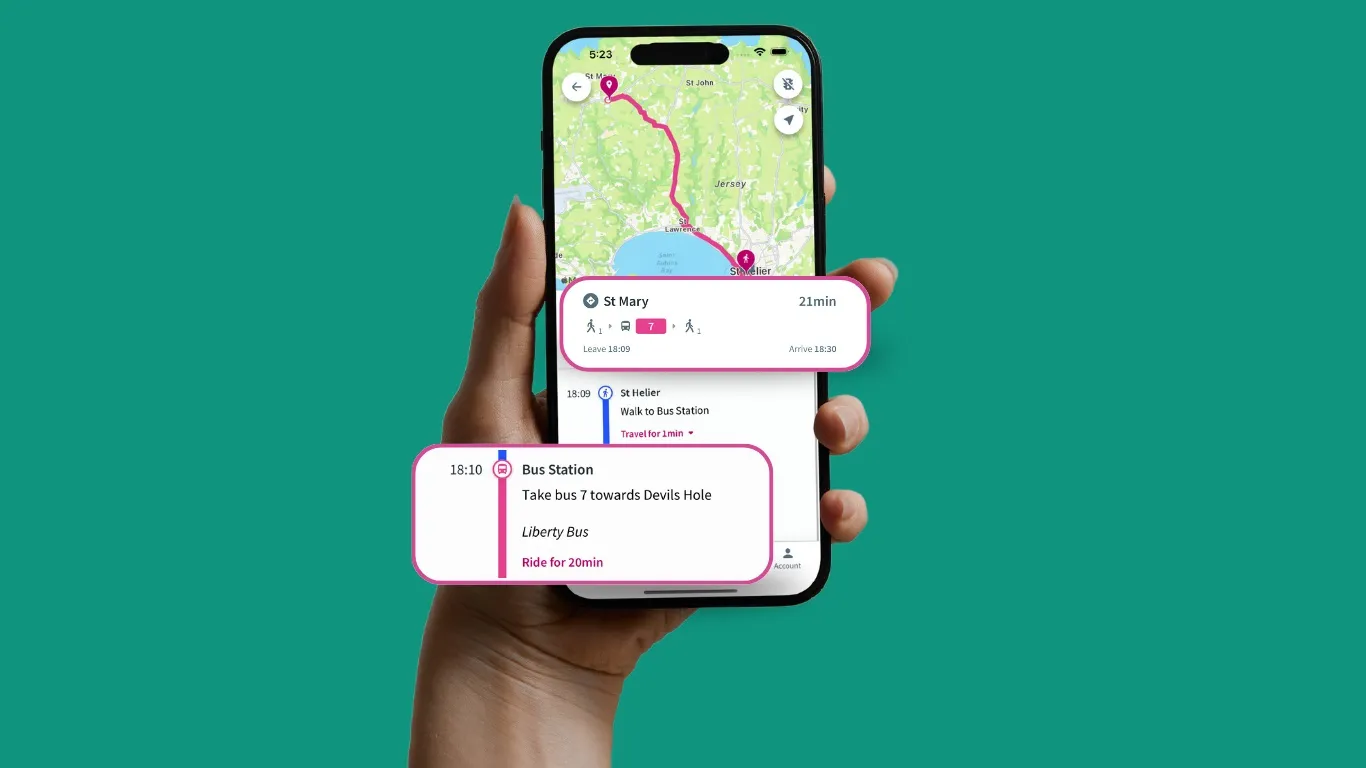
Ticketing specialist UrbanThings and Mobility as a Service (MaaS) provider SkedGo have announced they will partner to offer journey planning and ticketing information in a single passenger app.
The partnership will combine SkedGo’s expertise in journey planning and routing with UrbanThings’ experience in ticketing and real-time information. This will support operators and cities by giving them access to a deeper level of configuration for their journey planning offerings. As well as promoting the availability of operator’s services, this will help encourage sustainable travel options with better routes, taking into account customers’ travel preferences and habits.
Partnering with SkedGo will give UrbanThings a much richer set of advanced journey-planning capabilities and empower their passenger app users, according to Guy Sutherland, head of bids and partnerships at UrbanThings.
"Working with SkedGo will supercharge our journey planning offering,” said Sutherland. “This enhancement will allow us to provide much more sophisticated preference-based journey plans to simplify the customer experience and improve the visibility of how their preferred operators can provide a sustainable and convenient travel choice with a journey that suits them.”
Joshua Biondi, business development manager Europe at SkedGo, said the offering will create “a seamlessly integrated solution, to create a best-in-class plan, book and pay mobility experience”. Users will make more informed and ultimately more sustainable travel decision.
UrbanThings is based in London and is part of Paragon ID, global provider of identification solutions for e-ID, transport and smart cities. Its focus is on encouraging the use of shared transport. The company provides cities, local authorities and passenger transport operators with a smart transport platform for mobile ticketing and reservations, live vehicle tracking and rich passenger analytics.
SkedGo provides the technological building blocks via white labels, API and SDKs to create MaaS solutions for system integrators, cities and councils, transport agencies and corporations. The award-winning, customisable technology currently integrates more than 4,000 transport service providers worldwide.









